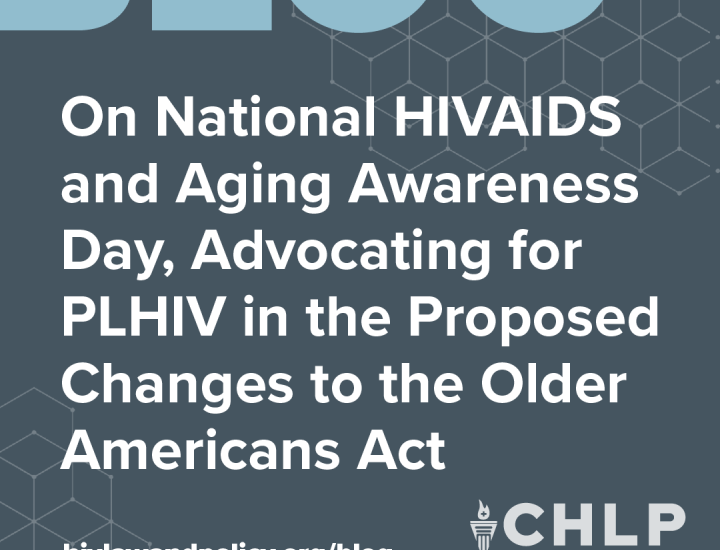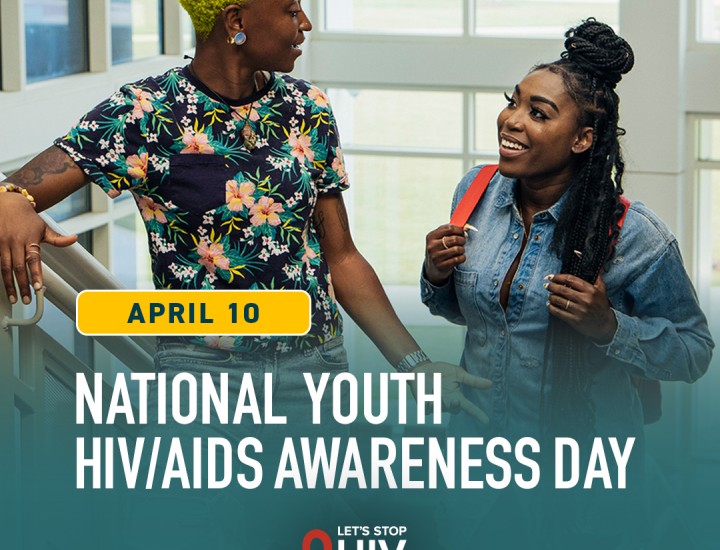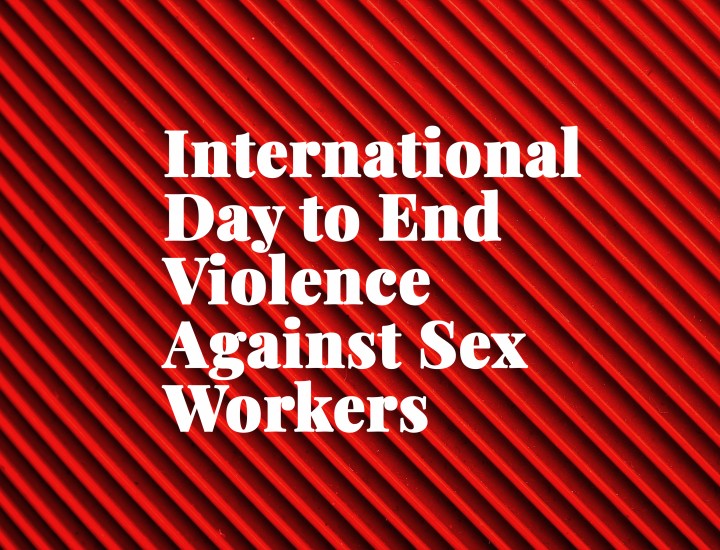Recognizing the importance of centering intersectional identities in our advocacy work

A few weeks ago I came across an article about how Florida ended people’s ability to change their gender marker on their driver's license. This rule represents just one more attempt by Florida to strip trans people living in the state of their rights and/or sense of dignity, self-determination, and safety. This mad race to the bottom by states around the country to see who can be the cruelest to trans people got me thinking about the potential importance of discussing Florida’s policy as we move from Black History Month into Women’s History Month.
Kimberle Crenshaw’s theory of intersectionality has always resonated with me because she made explicit not only the interconnectedness of identity but also that a person’s identity cannot (and should not) be separated into individual parts. Our identities are like a baked cake, once the ingredients are combined and heat applied, the finished cake can’t be split back into its ingredients (and who would want to, cake is delicious!). It is important to pause here and explicitly mention that “intersectionality” is not just a proxy term for “race other than white.” Everyone has an intersectional identity. I am a white, Jewish, trans dude, with OCD and ADHD, each part of my identity impacts how I show up in the world, but how I am perceived and treated is due to the sum of the whole (or at least based on what folks perceive and/or I share).
Policies such as Florida’s highlight why it is important for our thinking and for our movements to be intersectional in analysis and intent. News articles like the one above discuss this change as a “transgender” issue. But that ignores the intersectional identities of trans people and how this new rule is applied to them. For example, the Florida law targeting trans people will be especially dangerous to Black trans women living with HIV because they are more likely to have interactions with the criminal legal system that will lead to them being outed as trans due to their Florida state ID. A law that on its face has nothing to do with race, nothing to do with HIV, has in fact everything to do with both.
To my point, the changes to Florida’s license policies, along with most of the laws targeting trans people across the country, are an issue for Black and Brown people, for women, for people living with HIV, and their advocates – and it’s one we cannot ignore. Just as people's intersecting identities cannot be picked apart, as advocates, we can’t compartmentalize the laws that impact them into a “this issue” or “that issue.” While different advocacy groups should specialize in different types of laws and issues, we should simultaneously be wary of siloing ourselves. If we do, we risk ignoring or dismissing issues that impact our most marginalized and vulnerable members because the laws and policies that target them are not specifically based on the “identity” our group focuses on. For example, an LGBTQ+ group organizing against this deluge of anti-trans legislation might not address the connection to increased criminalization of LGBTQ+ folks generally. As Audre Lorde wrote, “There is no such thing as a single-issue struggle because we do not live single-issue lives.” Identity-based groups must be ever cognizant of that fact and then work to find allies to collaborate with on intersectional issues.
Designations like Black History Month and Women’s History Month acknowledge gaps in a mainstream history that continues to center white cishet men's contributions at the expense of everyone else. Attending to those gaps also gives us opportunities to shine a light on people making a difference and a platform to push for policy changes. Of course, the celebration of a community’s accomplishments and history should not end on February 29th or March 31st nor should it only continue with a focus on one aspect of their identity. For example, if you are going to highlight Yuri Kochiyama for Women’s History Month it would do her memory a disservice not to recognize and emphasize that she was a Japanese-American woman and the impact that had on her politics and activism.
In the end, every part of our identity impacts our politics, the barriers we face, and our accomplishments. So on this, the last day of Black History Month as we transition to Women’s History Month, let’s all remember to celebrate all aspects of community members’ identities and not just the one on which the month is focused. By being intentional about recognizing peoples’ identities in all of their intersectional complexity we strengthen our ability to address all of our issues.


